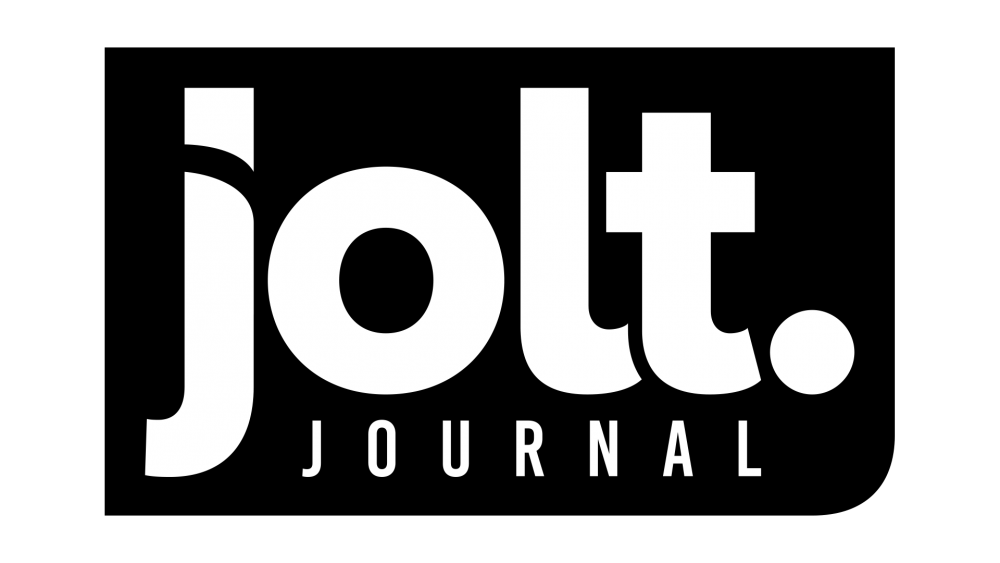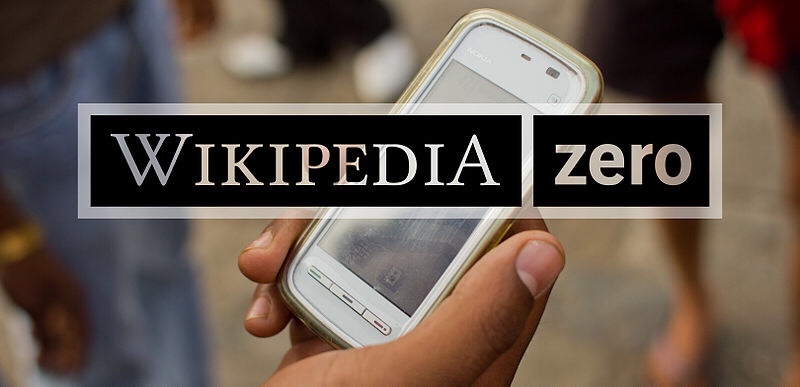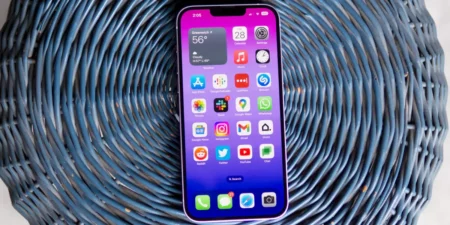It appears that the Wikipedia Zero initiative that the Wikimedia Foundation launched back in 2012 has come to an end. The concept of it was simple: to have cellular carriers in developing countries offer access to its crowdsourced knowledge without charging data fees. Now, it appears that the program has run its course and it’s coming to an end.
Wikimedia has now discontinued Wikipedia Zero program and have it phase out through 2018. The organization has stopped forming new carrier partnerships, and will let existing partnerships end when the term agreements run their course. Since 2016, there has been a “significant drop off” in terms of involvement, Wikimedia said, and involvement is necessary in order to keep the program alive.
There are, however, a few reasons as to why the shutdown has occurred. One of the first and most obvious is low awareness because people in developing nations aren’t as aware of Wikipedia as North Americans and Europeans. In addition, there have been successes at improving recognition of the program, but they’re coming in too late.
Not all reasons as bad though. Mobile data prices have fallen in the past several years, making it easier and more affordable to access the internet. Zero isn’t as attractive anymore because more cellphone users can afford to visit Wikipedia without needing to have their carriers participate in the Zero program.
Despite ending the Zero program, this doesn’t mean that Wikimedia is done with these types of concepts. The organization has “several ideas” for what’s in store in the future, and it’s using 2018 to come up with the best course of action. While the program is ending, it is bad news for those that did use Wikipedia Zero program. For now though, you’ll have to either pay for enough data to access Wikipedia or go without accessing it.





